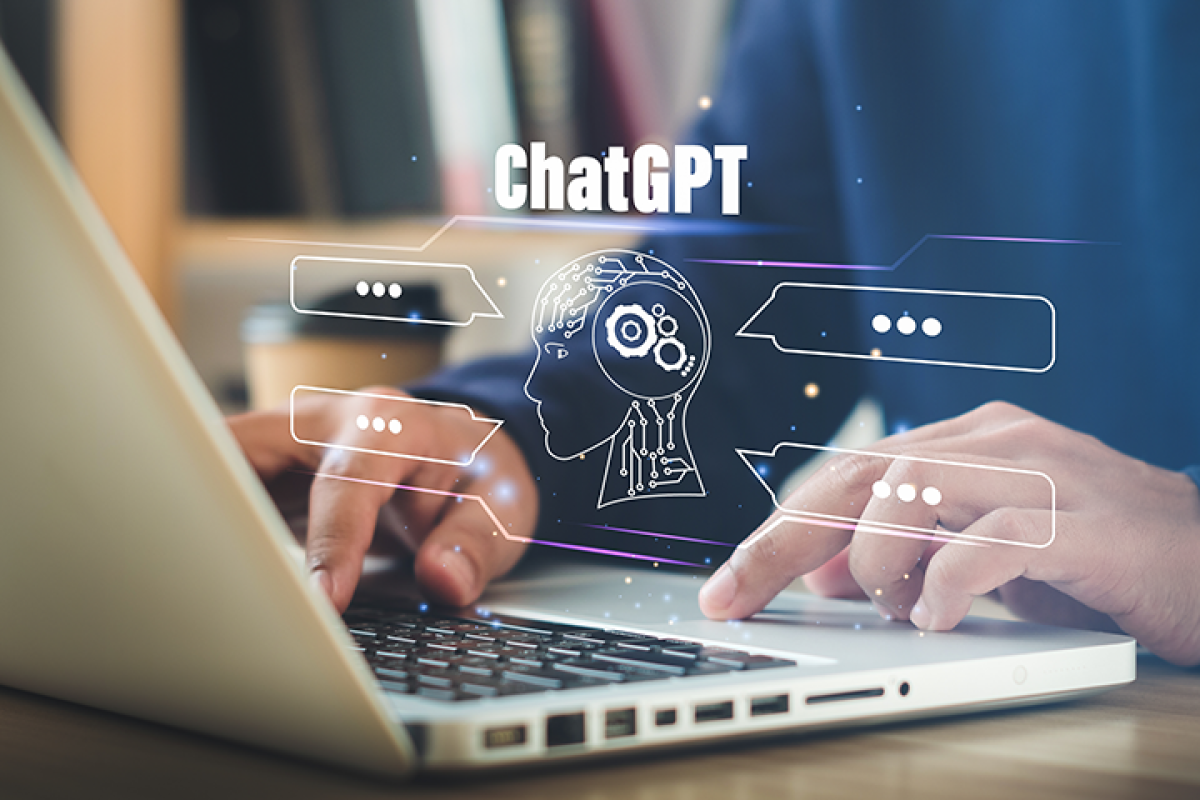Navigating AI Writing in the University Classroom

The Office of Teaching and Learning at the University of Denver hosted a lunchtime panel on Tuesday, Feb. 28, to discuss ChatGPT and AI writing tools. A cross-disciplinary panel of DU faculty experts shared their insights on the potential of this new technology, expressing enthusiasm for its value in higher education.
“These tools are here to stay,” said Stephen Hutt, assistant professor in the Department of Computer Science. “We need to be teaching responsible use.”
Educators on the panel reported they have already started incorporating ChatGPT into their curricula, testing its usefulness and its limits with student collaboration. “We do our students a disservice by blocking them from this technology--because they may need to know how to use it in the real world,” said Richard Colby, a teaching professor in the DU Writing Program. The panel discussed a range of issues related to the predictive-learning tool, like equity, accessibility, copyright, privacy and plagiarism.
Lisa Titus, assistant professor in the Department of Philosophy, suggested we might be witnessing a paradigm shift in the way knowledge is made as we broaden our focus beyond the single creator. Yet, some aspects will continue to be murky, like who owns the data being utilized by ChatGPT.
Assistive technology in education is not exactly new. From spell check to Google, people have been working with less sophisticated versions of ChatGPT for decades. Kerstin Haring, assistant professor in the Department of Computer Science, thinks people will feel more comfortable incorporating AI tools into their lives when they have a better understanding of how it works, and that is exactly what these educators have set out to do.
Leslie Cramblet Alvarez, director of the Office of Teaching and Learning, has participated in media interviews related to ChatGPT with The Denver Post and CGTN America.







